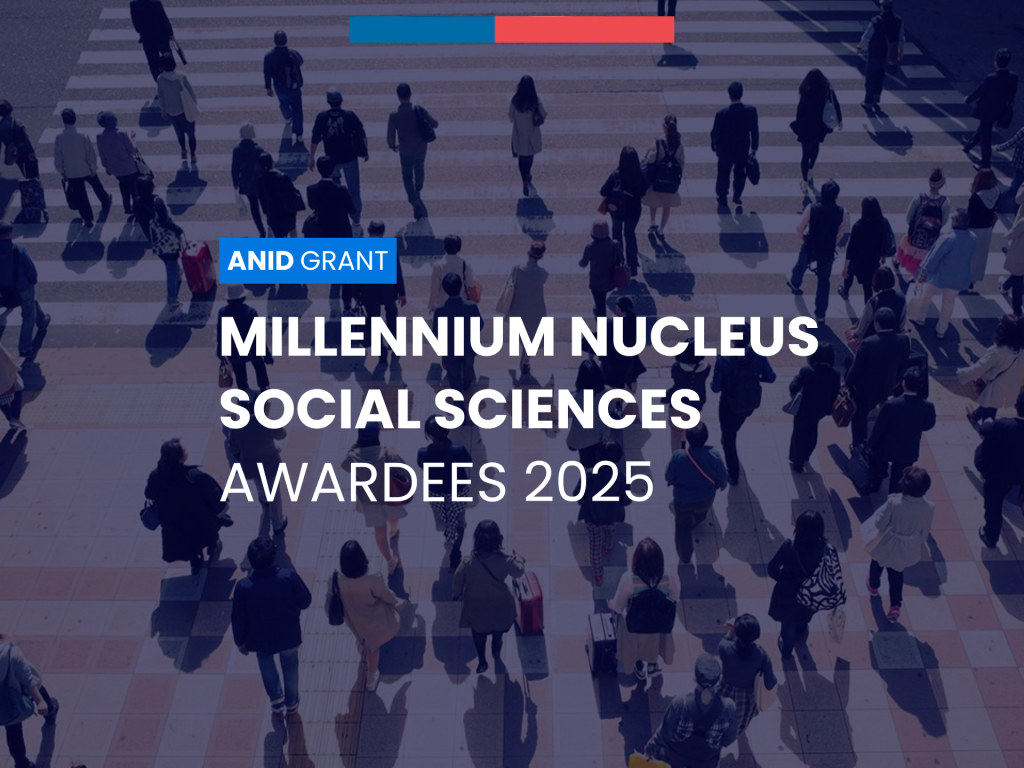Every year, the Open Seed Fund program at the School of Engineering funds new collaborations between our faculty and researchers from distinguished international universities and research institutions. Through this program, it is possible to explore novel collaborative lines of research and strengthen international academic exchange, involving both professors and students who participate in the projects and receive financial support for research stays abroad and the execution of planned activities. Individual grants total an average of USD 10,000 provided by the School of Engineering with an equivalent contribution from the international counterpart.
This year, the following proposals have been selected for funding:
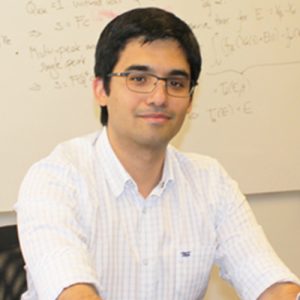
Carlos Sing-Long
with the project “Applications of inVAErt networks to quantitative Magnetic Resonance Imaging”, in collaboration with Professor Daniele E. Schiavazzi from the University of Notre Dame (Indiana, USA).
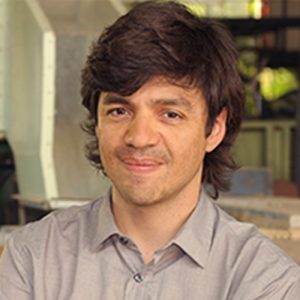
Cristián Escauriaza
with the project “Coastal Resilience in Patagonian Fjords: A Collaborative Workshop” in collaboration with Professor Oliver B. Fringer from Stanford University (California, USA).
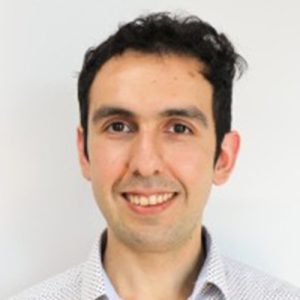
Felipe Huerta
with the project “CFD electrochemical transport modelling of vanadium redox flow batteries to determine mass transfer coefficients at the electrode-channel interface”, in collaboration with Professor Nigel P. Brandon from Imperial College London (United Kingdom).
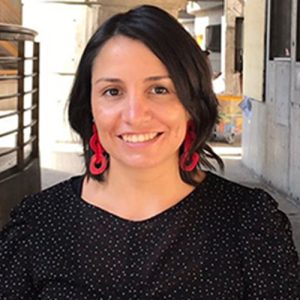
Isabel Hilliger
with the project “Identifying changes in feature effects between regular and at-risk students in Higher Education across Latin America”, in collaboration with Professor Héctor Ceballos from Tecnológico de Monterrey (Mexico).
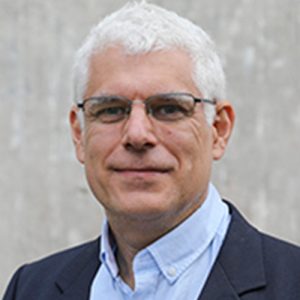
Jorge Ramos
with the project “Superficial and Sub-superficial Porosity Alleviation for Optimized Astronomical and Earth Observation Additively Manufactured Metal Mirrors”, in collaboration with Professor Nan Yu from the University of Edinburgh (United Kingdom).
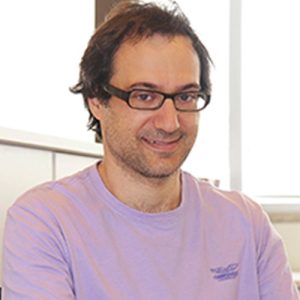
Luis Rizzi
with the project “The Effect of Rail Strikes on Traffic Flows and Road Crashes”, in collaboration with Professor Antonio Russo from the Institut Mines-Télécom BS (France).
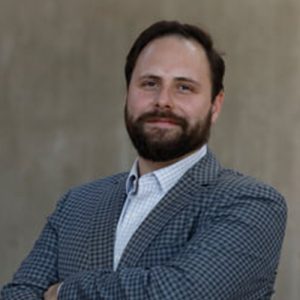
Mathias Klapp
with the project “Optimal resource allocation in spatially distributed queuing systems with stochastic customer arrivals”, in collaboration with Professor Daniel F. Silva from Auburn University (Alabama, USA).
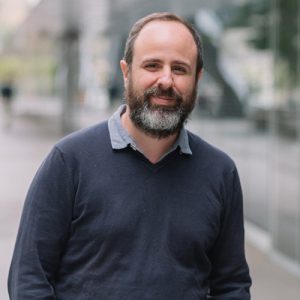
Pablo Barceló
with the project “On the Expressive and Algorithmic Power of Message-Passing Graph Neural Networks with External Memory Modules”, in collaboration with Professor Matthias Lanzinger from TU Wein (Austria).
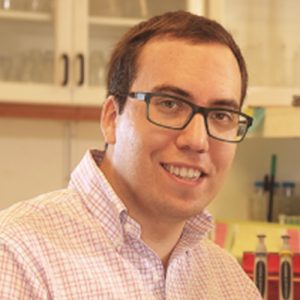
Pedro Saa
with the project “Rational engineering of yeast cell factories for the production of high-value products: Optimization-based identification of metabolic limitations and flux control using protein allocation models”, in collaboration with Professor Rodrigo Ledesma-Amaro from Imperial College London (United Kingdom).
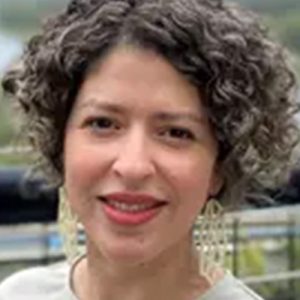
Regina Dias
with the project “Development of a VR–BIM-enabled platform for education on industrialized construction”, in collaboration with Professor Eduardo Toledo Santos from the University of São Paulo (Brazil).

Sebastián Raveau
with the project “Modelling Public Transport Behaviour with Mixed Data Sources”, in collaboration with Professor Jesper Bláfoss Ingvardson from the Technical University of Denmark (Denmark).
We look forward to sharing the results of these collaborations with the global research community, and hope they will become long lasting partnerships to expand our School’s research network.



